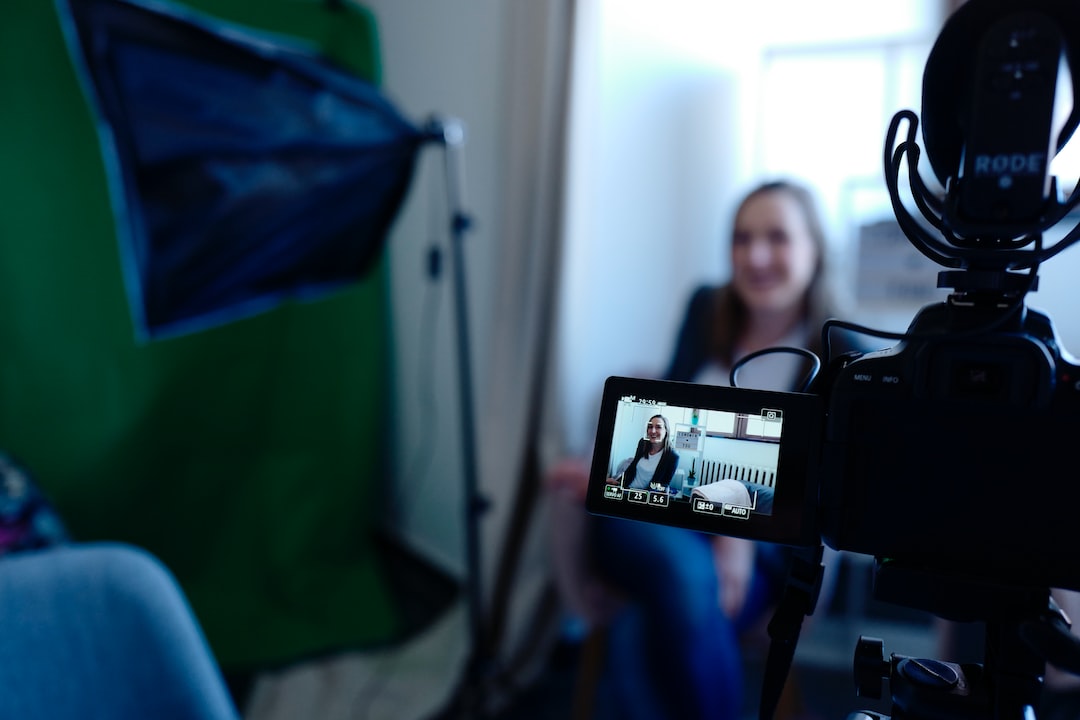Media plays a crucial role in health communication and public health campaigns. With the power to reach and influence a large number of people, media platforms have become an essential tool for disseminating information, raising awareness, and promoting behavior change in relation to public health issues.
One of the primary roles of media in health communication is to educate the public about various health topics. Through news outlets, documentaries, and online articles, media outlets can inform the public about symptoms, prevention methods, and treatment options for different health conditions. By providing accurate and reliable information, the media helps to debunk myths and misconceptions, ensuring that individuals have access to the knowledge they need to make informed decisions about their health.
Moreover, media platforms play a vital role in raising awareness about public health issues. Public health campaigns often rely on media coverage to generate attention and reach a wider audience. By featuring compelling stories and personal accounts, media outlets create empathy and encourage individuals to engage with health issues that may have otherwise gone unnoticed. For example, campaigns addressing mental health stigma or urging people to get vaccinated against diseases like influenza rely heavily on media platforms to increase awareness and promote desired behaviors.
Media also contributes to public health campaigns by emphasizing the importance of prevention and promoting healthy behaviors. Through targeted advertisements, social media campaigns, and television programs, media outlets can encourage individuals to adopt positive habits such as healthy eating, regular exercise, or safe sexual practices. By using persuasive messages and influential figures, media can create behavior change and motivate individuals to adopt healthier lifestyles.
Furthermore, media platforms have proven their efficacy in promoting health campaigns and increasing public participation. From viral challenges like the ALS Ice Bucket Challenge to social media movements like the #MeToo movement, media has demonstrated its ability to mobilize large groups of people and bring attention to important issues. Public health campaigns often leverage this power by creating hashtags, organizing online events, and using storytelling techniques to engage individuals and encourage them to participate actively in health-related activities.
However, while media plays a crucial role in health communication, it is important to acknowledge the potential pitfalls. Sensationalism, misinformation, and biased reporting can undermine the efforts of health campaigns and mislead the public. Therefore, it is essential for media outlets to prioritize accuracy, fact-checking, and responsible reporting to ensure that public health messages are conveyed correctly.
In conclusion, the role of media in health communication and public health campaigns cannot be underestimated. By educating, raising awareness, promoting healthy behaviors, and mobilizing the public, media platforms play a significant role in improving public health outcomes. However, it is essential for media outlets to proceed with caution and prioritize accuracy in order to fulfill their duty of providing reliable information and contributing to public health advancements.

